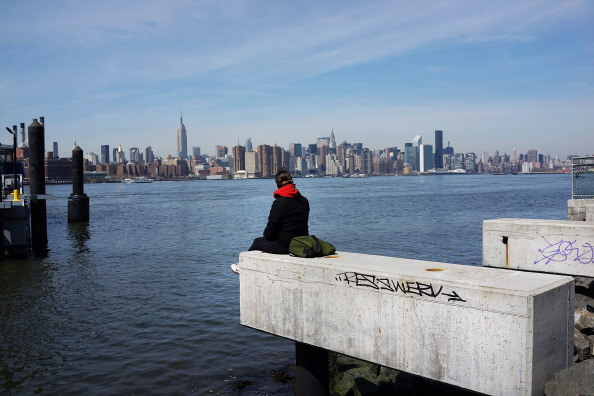New York City approved rent increases on Tuesday that will impact nearly 1.6 million tenants who are currently living in rent-regulated apartments.
The increase
Though the increases are relatively small — up to 1.25 percent on one-year leases and 2 percent for two-year leases — they infuriated tenants who have demanded rate freezes and rollbacks.
A 7 to 2 vote by the Rent Guidelines Board determined the new rates, increasing them from last year’s rates of 0 percent for one-year leases and 2 percent for two-year leases. The new rate takes effect on Oct. 1 and has been the first increase on one-year leases in two years.
The Rent Guidelines Board is comprised of nine people who are all appointed by New York City’s Mayor. Two members represent tenants, two represent landlords and five represent the general public.
The previous rates were already criticized by tenants and landlords alike. Tenants wanted a rollback for two-year leases, but landlords wanted a much larger increase for both rates.
Groups representing landlords, like the Rent Stabilization Association, wanted a 4 to 8 percent increase to keep up with rising operating costs.
The implications
Rent stabilization is a system that was enacted in New York City in 1969 in order to protect tenants from sharp rent increases, giving them regulated rents and the right to renew their leases.
Those opposing the Rent Guidelines Board’s decision have cited that rent increases contribute to the gentrification of New York City. Rent increases often burden low- and middle-income residents, and rent-stabilization has been seen as a way to combat that.
Though some people believe that rent stabilization forces property owners to subsidize lower rents, rent stabilization usually doesn’t hurt landlords. Old buildings are worth far more now than they were originally purchased for, and if a rent-stabilized building was built recently, the owner opted into rent stabilization for a tax break, making rent stabilization beneficial for both landlords and tenants.
New York City Mayor Bill De Blasio did not comment on the recent decision by the Rent Guidelines Board but he has advocated for affordable housing in the past. His plans, however, do not meet the expectations of many low-income New Yorkers.
A piece from The New York Times called “The End of Black Harlem” touched on this issue last year. The author writes that De Blasio’s vision “is far from the rent control and public housing that President Franklin D. Roosevelt and Mayor Fiorello H. LaGuardia once supported, and that made New York affordable for generations.”
And many writings on gentrification echo this same feeling of disappointment. New York City is slipping from the grasp of lower income families every day.
Gentrification is enabled by policies like this, and though rent hikes may be seen necessary, they are manipulating the landscape of the city to exclude the poor.
Have something to add to this story? Comment below or join the discussion on Facebook.
Header image: Getty Images









































